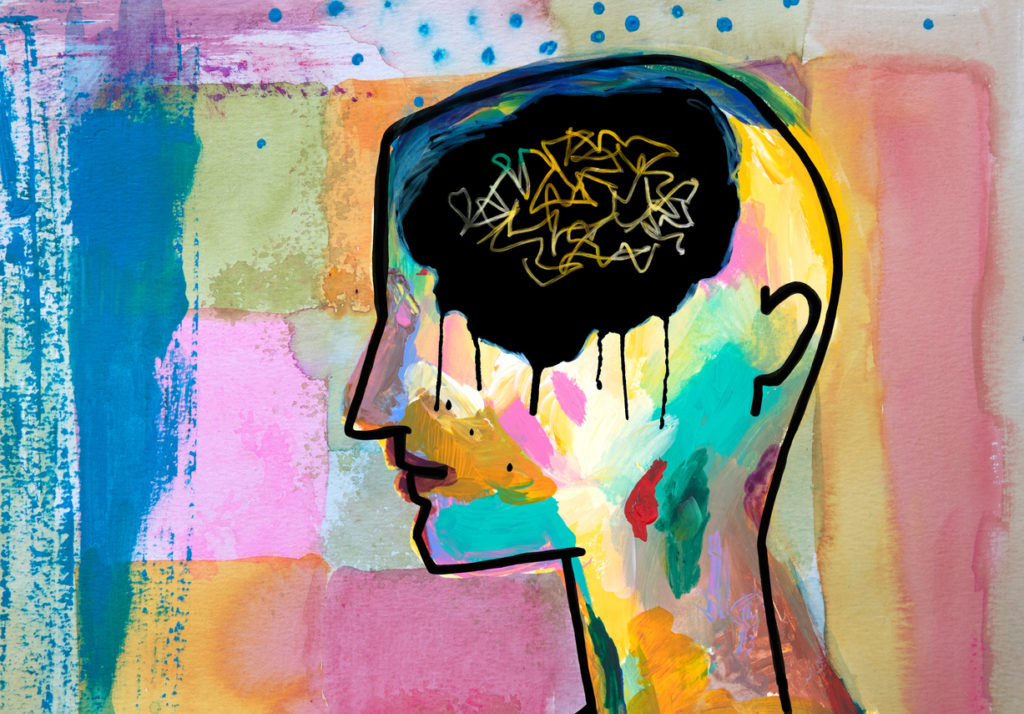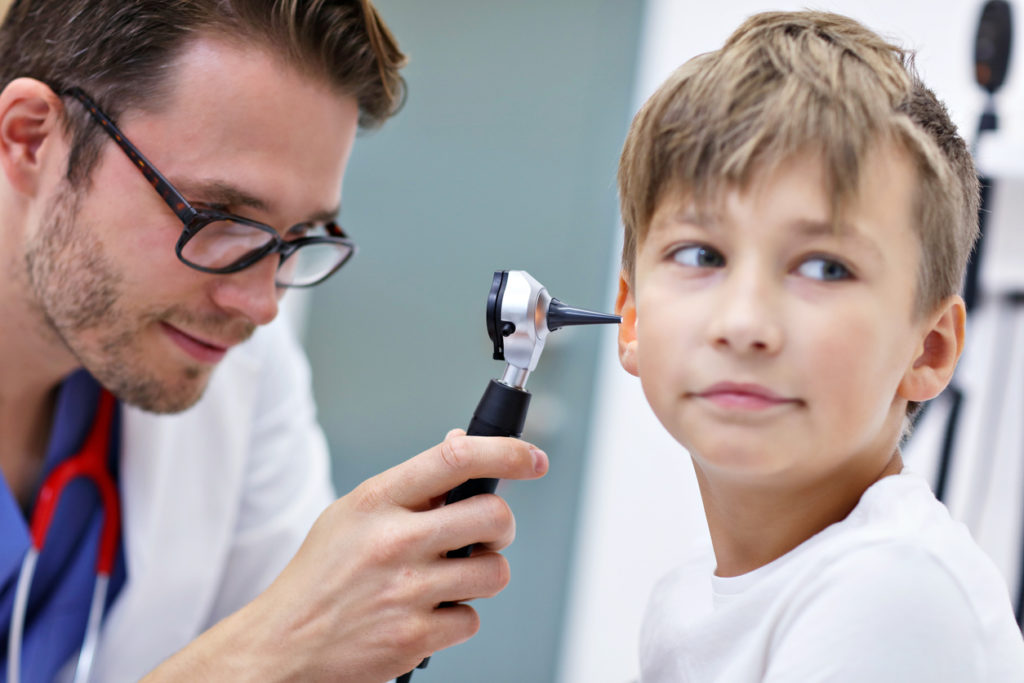- Major motor skills
- Fine motor skills
- Language
- Vision and hearing
- Social achievements and play
- When to be concerned
Major motor skills

Fine motor skills
Children can draw with a pencil, copy a circle, are beginning to use scissors, thread beads on a string, can undress themselves if fastenings are undone, eat with a fork and spoon, and build a tower of nine cubes. They should be able to build a bridge of three cubes from a model.
Language
Children will speak clearly and in sentences so that unfamiliar adults can understand what they are saying. They listen to stories, and ask lots of questions. They should be able to give their full name and sex.
Vision and hearing
Children should demonstrate everyday visual competence for near and far.
Social achievements and play
Children try to imitate adults, will try being helpful, will start joining in on play with other children, have a good imagination, will engage in make believe or pretend play, and most are toilet trained (though not always). Caregivers often report that they join in play with other children and understand sharing food and toys.
When to be concerned
Speak to your doctor if a three-year-old child:
- Does not interact with other children, instead playing mostly alone;
- Cannot run smoothly or climb stairs;
- Cannot feed themselves;
- Is a lot more or less active than other three year olds;
- Is not speaking; or
- Is speaking in a way that is not usually understandable.
More information
 |
For more information on developmental milestones in childhood, including recommended health check-ups and childhood immunisation, see Developmental Milestones. |
References
- Sheridan M. Birth to Five Years: Children’s Developmental Progress (2nd edition). Australian Council for Educational Research; 1997.
- Parenting and Child Health: Children, Youth and Women’s Health Service. Child development: 0-3 months [online]. Adelaide: Government of South Australia. 11 September 2008 [cited 31 October 2008]. Available from URL: http://www.cyh.com/ HealthTopics/ HealthTopicDetails.aspx? p=114&np=122&id=1963
- Slater A, Hocking I, Loose J. Theories and issues in child development. In: Slater A, Bremner G [eds]. An Introduction to Developmental Psychology. Oxford: Blackwell Publishing; 2003, 34-63.
All content and media on the HealthEngine Blog is created and published online for informational purposes only. It is not intended to be a substitute for professional medical advice and should not be relied on as health or personal advice. Always seek the guidance of your doctor or other qualified health professional with any questions you may have regarding your health or a medical condition. Never disregard the advice of a medical professional, or delay in seeking it because of something you have read on this Website. If you think you may have a medical emergency, call your doctor, go to the nearest hospital emergency department, or call the emergency services immediately.







